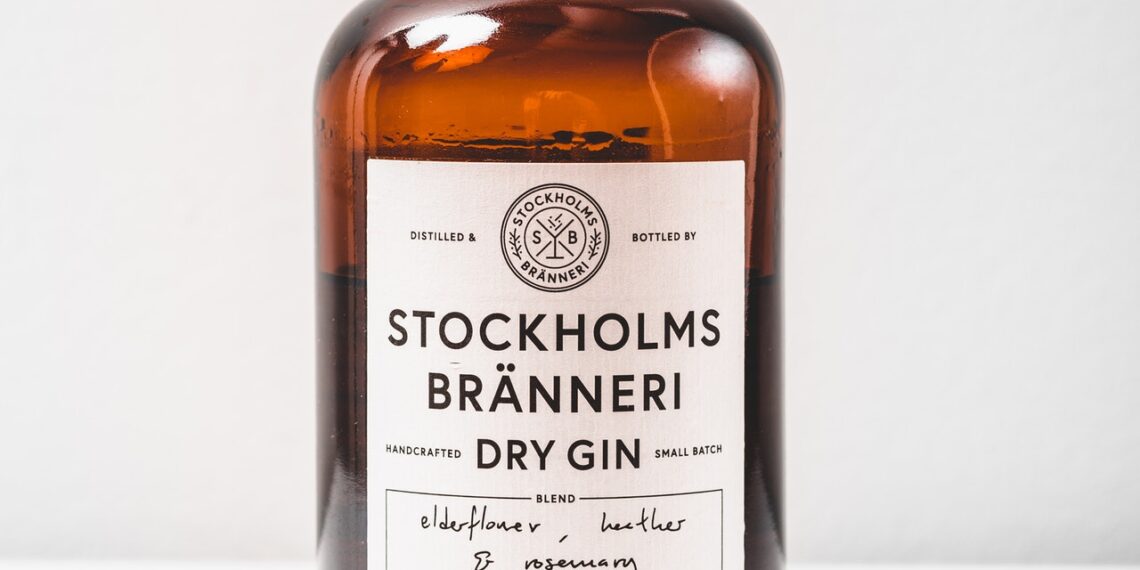Vodka and gin are some of the most often consumed white-coloured spirits. These transparent liquors that people use to make numerous cocktail beverages have a lot in common. They have pretty different souls. One connects with pine and herbal tastes, and the other is odourless and tasteless. Despite this, vodka and dry gin are sometimes used interchangeably in drinks like the Martini and others.
While the two beverages have certain similarities, they also have some distinct variances. It’s easy to mistake gin for flavoured vodka, but there are numerous differences between them. Understanding the differences and which is better for certain mixtures and drinks is crucial. A primer on the differences between vodka and gin is given here.
What Exactly Is Gin?
You may trace gin’s origins back to seventeenth-century Holland, where it was first developed as a medicinal beverage. Gin is a flavoured liquor made by redistilling a neutral spirit with the addition of juniper berries and additional flavouring ingredients. The main component in every gin is juniper berries, but the flavouring additives differ from one alcohol to the next. Lavender, rose, lemongrass, citrus peel, cucumber, and black pepper are just a handful of the botanicals and spices used. Gin receives its flavour from whatever substances it is distilled from, while juniper berries give it a pronounced pine flavour.
What Exactly Is Vodka?
Vodka is clear alcohol with no discernible scent, colour, or flavour. Vodka is a clear, colourless beverage that dates back to the 14th century in Russia. The name Vodka comes from the term Voda (water in the Slavic language). It usually consists of grains or potatoes. Wheat, corn, rye, and grapes are other ingredients you may use to make it. Since vodka is a pure spirit, it has a neutral flavour that distinguishes it from other spirits. It’s among the world’s heaviest beverages, with an average alcohol concentration of 40%. Most vodka cocktails take on the tastes and attributes of whatever you add to the mix. If it’s a vodka and citrus soda cocktail, the citrus soda will dominate. It tastes like cranberries if it’s a vodka cranberry.
Vodka vs. Gin
There are numerous parallels and distinctions between gin and vodka. They are both pure spirits that go through distillation, one of the commonalities. Another resemblance is that they’re both excellent cocktail components. The following are some of the distinctions:
- Taste: Although both beverages are transparent and colourless, the palates are very different. Gin has a characteristic herbal flavour, whereas vodka is flavourless and bland. Vodka comes from water, but gin comes from juniper berries and herbs, giving it its unique flavour.
- Ways of serving: The best way to enjoy vodka is to serve it cold. It’s ferocious when it’s freezing, giving it the right flavour. Gin, however, may be served cold or at room temperature. Even when not cooled, its fragrant flavours give it an excellent taste.
- Classification: A type of vodka with some added flavouring is known as dry gin. Since you may redistill it from vodka, spices and botanicals, you can consider gin as vodka. Vodka, however, isn’t a form of gin.
Conclusion
Overall, both spirits are terrific beverages and great cocktail ingredients. As previously said, these are two widely used cocktail components on the planet. Cocktails like the Bloody Mary, Screwdriver, Black Russian, and Moscow Mule include vodka as a critical component. Gin is a crucial ingredient in classic cocktails like the White Lady, Martini, Vesper, Gin Rickey, Hanky Panky, and others.





